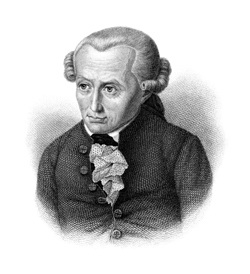A critical ontology for our times
Philosophy literally translates from Greek to mean 'love of wisdom' and has shaped the way we view the world since ancient times. When it comes to the present day, however, there are scholars who believe that traditional moral and political thought falls short. That is, it is unable to adequately evaluate the current situation in order to follow up with an effective answer to the complex problems and questions of our day. It is this philosophical crisis which steered the work of Michel Foucault (1926 –1984), a French philosopher, social theorist and historian of ideas whose work influenced a wide range of disciplines. Foucault stressed that the philosopher’s task is not only to shed light on human limitations by asking questions, but to go a step further and supply answers that illustrate how one can move beyond the theoretical stage in order to make change possible. As a result, a new definition of critique (a critical ontology of ourselves) was developed; one that utilised a cross pollination of philosophy and other disciplines and fields. This is where the Critical Attitude project delved into such an idea of critique in order to examine its effectiveness in contemporary society. In so doing, the project analysed three main areas that Foucault draws into his idea of critique. These are fundamentals of the ancient world, his interpretation of the work of German philosopher Immanuel Kant, and foundations of aesthetics and literature. Additionally, the research covered Foucault’s analysis of other works in order to come to a conclusion as regards the concept of 'critical attitude' and whether or not it can be applied to modern times. It was found that this definition of critique is an effective renewal of philosophical tools especially since it is supported by other fields and disciplines.



